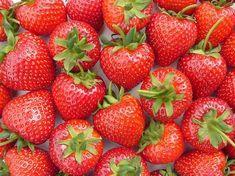
The High Court’s decision to insist growers seek planning permission before erecting polytunnels has come as a huge blow to the soft industry, according to several sources.
While countryside groups have considered the verdict a triumph for democracy, soft fruit producers say Waverley Borough Council’s forcible removal of Spanish polytunnels at Tuesley Farm in Milford, Surrey, could set an adverse precedent for local authorities across the country.
The ruling, made yesterday during the High Court Appeal, forces the farm to take down its polytunnels, windbreaks and temporary workers’ accommodation.
However the NFU is standing firmly behind a balanced use of crop covers, in particular the Spanish polytunnel, which play a vital role in extending the British soft fruit season, as well as reducing food miles and helping UK growers remain competitive against global imports.
NFU’s horticulture board chairman Richard Hirst said: “The use of Spanish polytunnels by the British soft fruit industry is absolutely vital in allowing growers to provide consumers with the quality product they have come to expect.
“We are very concerned this decision may undermine growers’ confidence in the industry and make them think twice about expanding their business to meet the increasing demand for British grown berries.
“The industry has shown it is sensitive to concerns raised by members of the public by developing a national code of practice for the use of all types of polytunnels in the soft fruit industry. From the January 1 2007 all growers will be required to comply with the code as it becomes a part of the Assured Produce guidelines.”
Laurence Olins, chairman of British Summer Fruits, added: “This ruling could affect the future development of one of the UK’s most successful and self-sufficient areas of agriculture. Spanish polytunnels, which are used for protecting berries from our inclement weather, cover a mere 0.01 per cent of UK agricultural land. If UK growers are unable to meet the increasing consumer demand for berries then imported fruit will appear on supermarket shelves during our summer season.”



